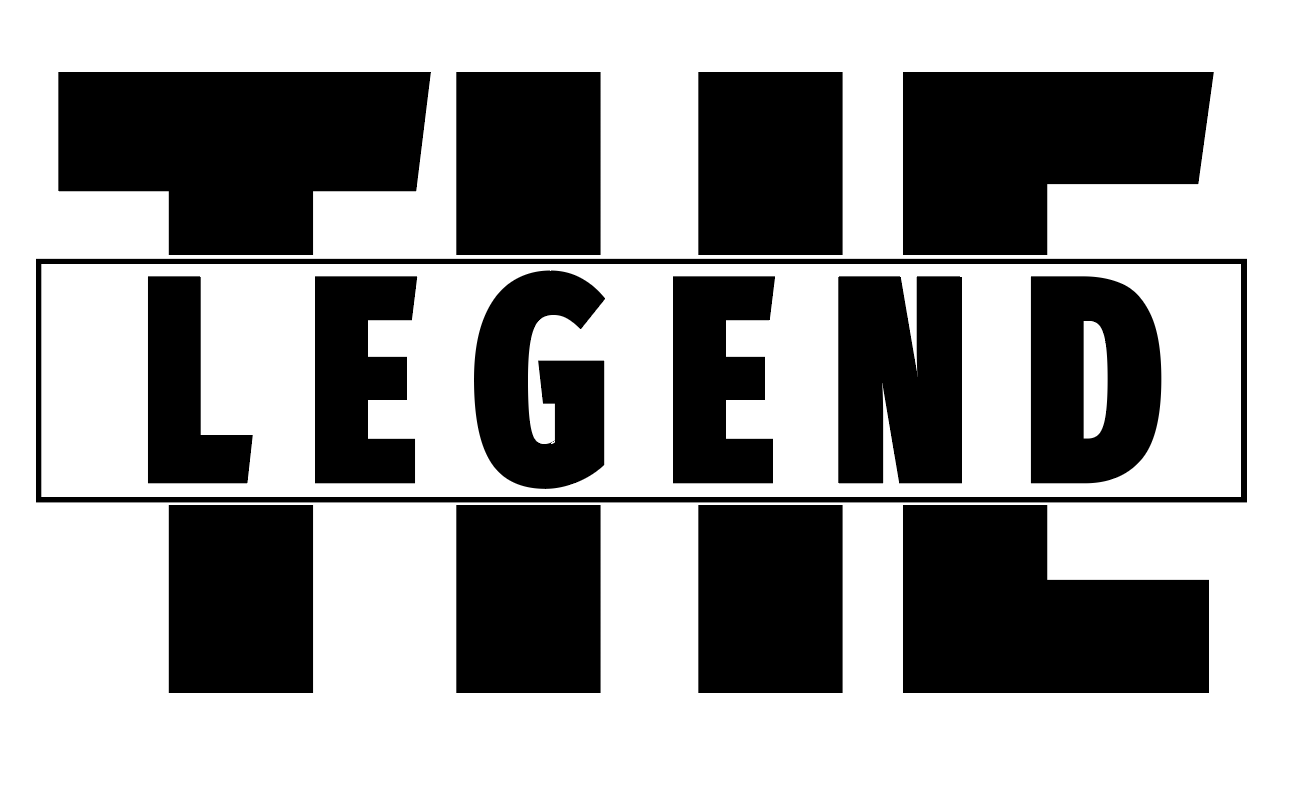Free Speech ≠ Conversion Therapy
A Floridian court is claiming that conversion therapy is protected under free speech.
February 19, 2021
In 2017, Palm Beach County and the city of Boca Raton banned medical providers from administering conversion therapy to minors. The decision was an important step forward in protecting the rights of local LGBTQ+ members, especially considering Florida has no state-level bans on the practice. However, these rights are now in jeopardy.
On Nov. 20, 2020, the U.S. Court of Appeals for the Eleventh Circuit ruled that the ordinances “violate the First Amendment because they are content-based regulations of speech that cannot survive strict scrutiny.” The ruling was in response to a suit brought forward by two Palm Beach County-based family therapists, Robert Otto and Julie Hamilton. While Palm Beach County plans to appeal the rulings, the effects of the Eleventh Circuit’s response, and the reasons why conversion therapy should be banned, merits further exploration.
First, a definition: Conversion therapy, as a concept, broadly covers numerous psuedoscientific practices designed to change sexual orientation and/or gender identification. Methods include electric shock therapy, chemical castration and even lobotomies. Not all conversion therapy practices include physical treatment, but all variations are psychologically damaging, according to the Human Rights Campaign.
There is no actual evidence to prove that conversion therapy is effective, but studies do show the negative effects of trying to change one’s sexual orientation. LGBTQ+ patients that undergo conversion therapy suffer increased levels of anxiety, depression, suicidal intentions and overall psychological distress.
Conversion therapy is condemned by most major psychiatric and psychological associations, including the American Psychological Association, the American Psychiatric Association and the American Association for Marriage and Family Therapy. International Rehabilitation Council for Torture Victims even considers it a form of torture.
Even if one were to ignore the counterintuitive nature of inflicting mental damage to patients in a misguided attempt to ‘cure’ them of their sexuality, conversion therapy also has no legal basis to protect it from bans. Conversion therapy bans have been challenged three times in the Supreme Court, and the bans were upheld each time.
There have always been laws restricting patient-therapist interaction and ones that restrict what a medical practitioner can say or do in regards to a patient. These laws exist to protect the patient. They are at their most mentally vulnerable during therapy, and some do not even attend willingly; rather, they attend at the behest of the court or even family and friends. To target them, then, not based on what would benefit their mental health, but the therapist’s own personal religious and political beliefs is immoral and manipulative.
LGBTQ+ members are happiest when they are able to comfortably live and identify with their true sexuality and gender identity. Laws need to protect LGBTQ+ patients in therapy from predatory practices that seek to destroy said happiness based on the therapist’s own personal agenda.
